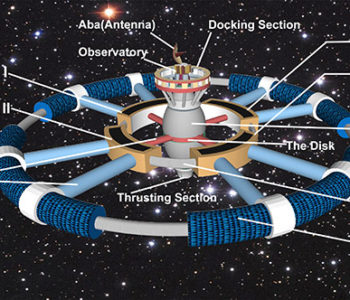 Welcome message
Welcome message
 Welcome message
Welcome message
 GSDC Summer Programme
GSDC Summer Programme
Please Contact the UK Programme Coordinator s.hession@gspacedc.com or Register for UK Country rate information.
The Global Space Design Challenge unique programme aims to inspire young people in the areas of Science Technology, Engineering and Business.
This intensive residential summer programme for the highest achieving students throughout the world, is held at Imperial College London in the Department of Earth Science and Engineering, and offers students the chance to learn from staff who are experts in their field from both industry and academia.
Guest Speakers include Dr Marcus du Sautoy, Jeremy Curtis from the UK Space Agency and Professor Mark Sephton, Imperial College London.
This 12 day experience is a unique and exciting science, business, medical, computer, design and engineering programme, culminating in a two day challenge based on the UK Space Design Competition. The programme provides opportunities to participate with students from the UK and around the world. The challenge is designed as a simulation of life in industry. A futuristic company called the ‘Foundation Society’ distributes a ‘Press Release’ followed by a detailed ‘Request for Proposal’.
Twelve students from the winning company will have the opportunity to attend the next years International Space Design Competition at Kennedy Space Center, Florida including NASA tours.
As part of the programme students will also visit Oxford and Cambridge Universities, where they will have the opportunity to meet with admissions directors who will provide answers about the admission process to these top Universities, and guide students on how to present themselves in the best possible light. Yasmin Sarwar, Dr Elizabeth Day, and Natalie Lancer will run unique Masterclasses.
Students will also experience an interactive presentation which will provide opportunities for them to practice answering interview questions and to begin developing their strategy for communicating their strengths to others.
If students are interested in this unique opportunity please Register or contact Samantha Hession, Programme Coordinator s.hession@gspacedc.com
 New participants
New participants
We look forward to welcoming Ka Yeung Mahasriariyawong from Hong Kong, who has been invited to attend the Global Space Design Challenge at Imperial College Oxford. Congratulations Ka Yeung.
 Information
Information
We are pleased to announce 11 Scholarships available to UK and EU students to attend the Global Space Design Challenge. For further details visit https://gspacedc.com/uk-and-eu-scholarships/